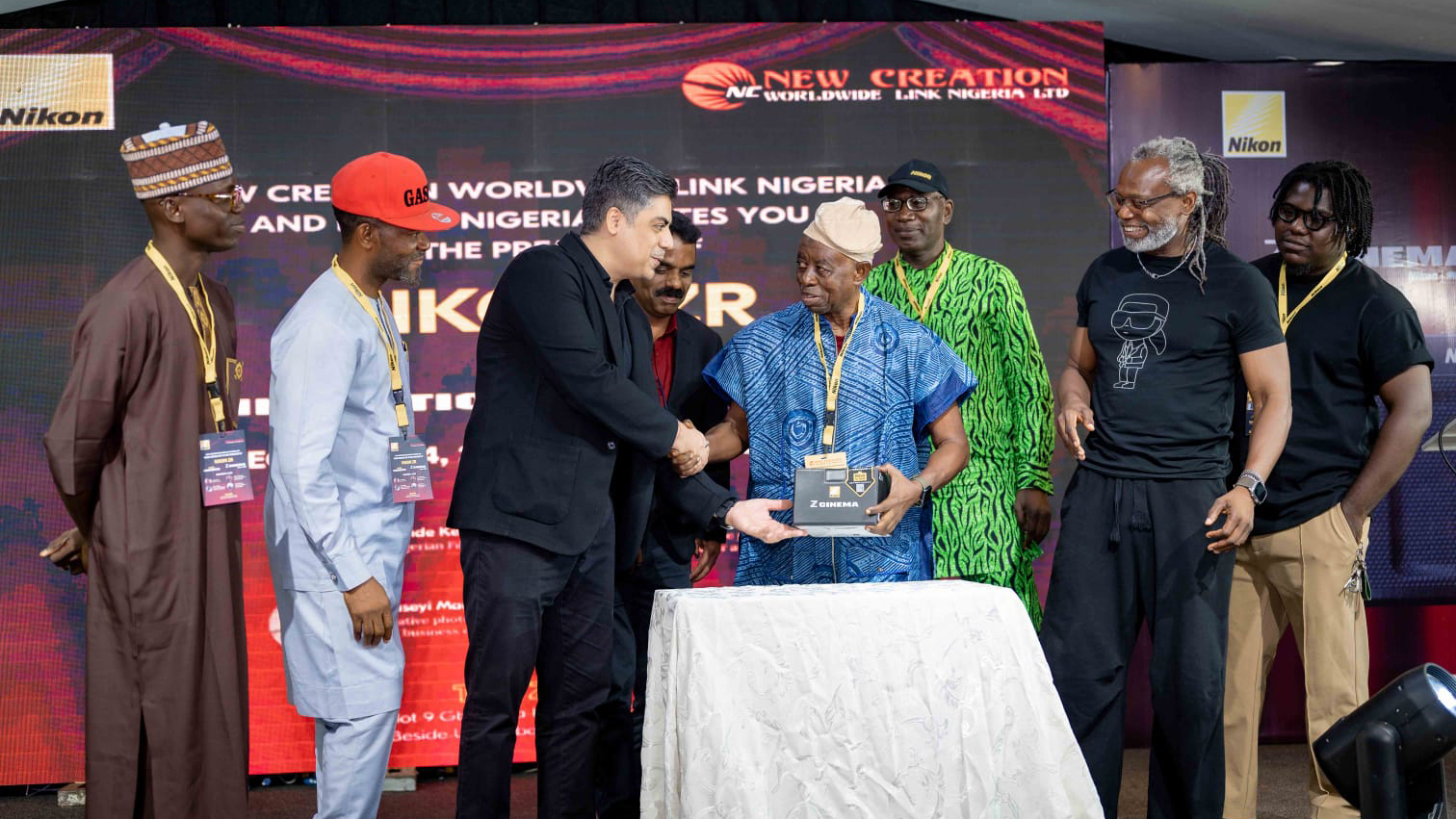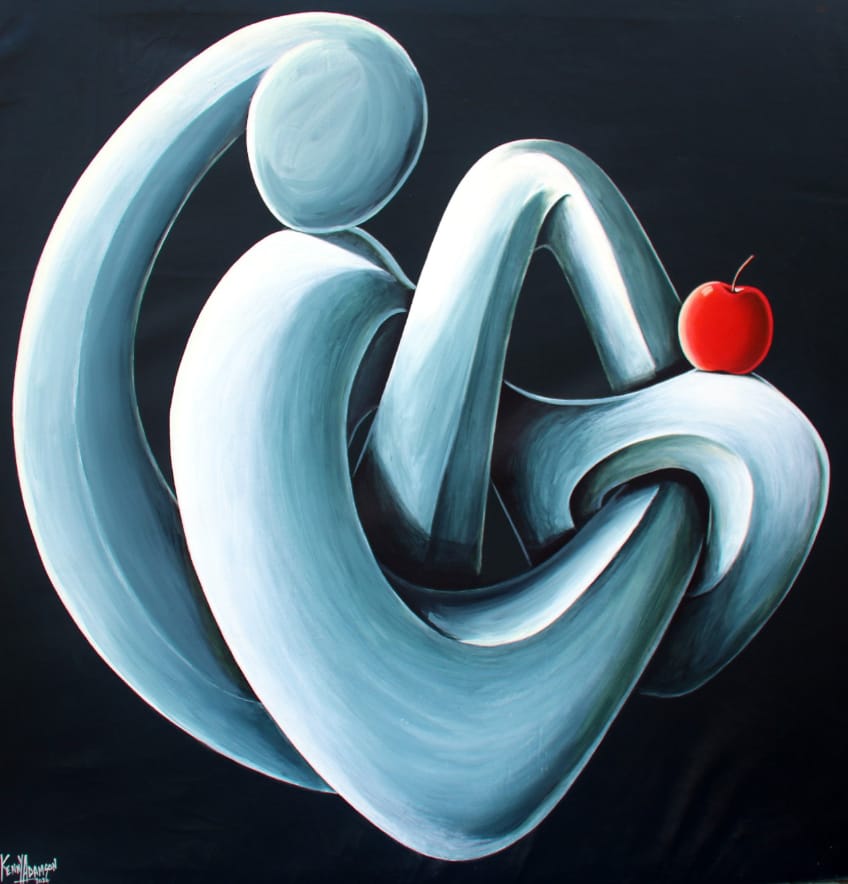On occasion of World Book and Copyright Day 2025, a Nigerian author of over 20 books, Foluke Sijuwola Falayi, has appealed to government and other stakeholders to make books available in libraries and in schools. She also said there should be more investment in book clubs and reading organisations.
Speaking with The Guardian, she said, “Nigeria would be a reading nation if majority of its citizens improve their reading culture.”
Falayi, a novelist, playwright, poet and literacy advocate, said: “When books are readily available and accessible, we would doubtlessly record high productivity, economy growth. Health of the people would improve. Education system will be sound. We would see growth, evolution and experience change in other areas of economy.”
According to her, it is sad that the most populous African nation can’t be classified as a reading nation yet. “Nigeria is not a reading nation. This is because most Nigerians do not read.”
She said many students, the moment they graduate jokingly and obliviously tell you they want to be making money and not reading books. That’s ignorant all-out.
Advantages of reading include, when you read, “it helps in other areas of life. Reading makes you know about the experiences of people, culture and traditions. A reader is enlightened.
“You can educate yourself by just developing a love for reading.
“You are smarter and better than an average people you meet on daily basis. I’m yet to see an activity that empowers more than reading.”
She said, “a reader is well informed, refined, polished in behaviour. A reader never lacks what to do even in economic meltdown since books open eyes to the hidden wealth around us. A reader is never in shortage of ideas.”
“The treasures in books would not only make you rich but wealthy. Reading is lifelong. On this occasion of World Book Day, I want to appeal to Nigerians, let’s make commitment to reading. Make reading fun. Find enjoyment in reading like you do when you watch indigenous movies. If you cultivate this habit, you would discover reading would give you more benefits than you have in films. Benefits in reading surpass what movies would give you.”
Falayi is the convener of “Read with Me on International Literacy Day, a yearly held in September, which promotes literacy.
Her books, over the years have been in curricular of south western states’ ministries of education, as texts used in schools for reading and examination.
Her play, The Slaves in the Palace, is currently being studied at departments of African Studies in some universities in Africa.
She has made a significant contribution to Nigerian-African literature and education.
Her works and contributions are: Beans for Supper, The Pride of Parents, Rainy Day, Flub, Ugo and Ify at Christmas, Ada in Port Harcourt, Unbending Steel, Gift from Ibadan, The Slaves in the Palace, Akeju’s Turnaround, ‘Reverend’s daughter, A Night at Edet’s House, The Headmaster’s Boy, Bond, Sam Goes to College, ‘Last penny, Trouble in the Exam, One Two Three Poetry, Repose, Happy time.
She read English Arts and Mass Communication; at University of Ado and National Open University of Nigeria; undergraduate and postgraduate studies.
Every year, on April 23, UNESCO celebrates World Book and Copyright Day to recognise the power of books as a bridge between generations and across cultures.
“Books are like a window onto another world – with each new page, they introduce us to new people, new cultures and new ideas,” said UNESCO in a statement.
This date holds immense symbolism in world literature, marking the death of several renowned authors, including William Shakespeare, Miguel de Cervantes and Inca Garcilaso de la Vega.
World Book Day gives the opportunity to acknowledge how books can change lives, especially reading books and textbooks available to children as their learn at school.
Every year, as part of celebrations for World Book and Copyright Day, a World Book Capital is selected by UNESCO and international organisations representing the three major sectors of the book industry – publishers, booksellers and libraries. Selected cities undertake to promote books and reading for all age groups and across all sectors of society, in the host country and beyond.
To date, UNESCO has designated 25 World Book Capitals, from Madrid, Spain, in 2001, to Rio de Janeiro, Brazil, in 2025. This year, the Brazilian city is implementing a project that underlines how books can bring about social change – for example, through literacy, education and poverty eradication – and create sustainable economic benefits. Port Harcourt, Nigeria was World Book Capital in 2014.






